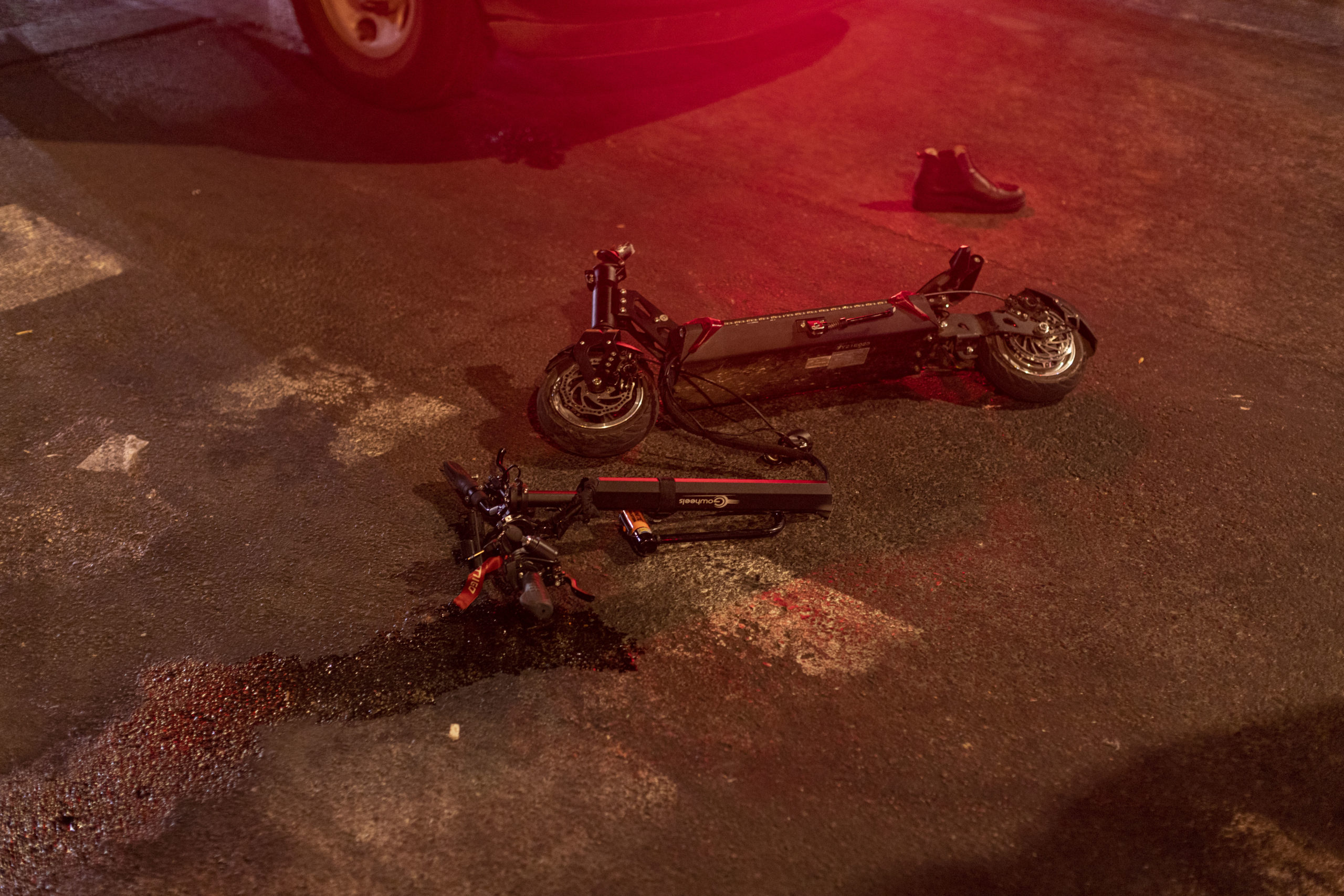
Vias: ‘Hit-and-run accidents reach record level in ten years’

Last year, 12,6% of accidents with physical injuries (4 708 to be precise) involved hit-and-run. Especially in Brussels, the phenomenon is growing /ANP
Last year, more than 4 700 serious or fatal accidents ended with a hit-and-run. A record number in ten years. According to the Belgian traff


Comments
Ready to join the conversation?
You must be an active subscriber to leave a comment.
Subscribe Today